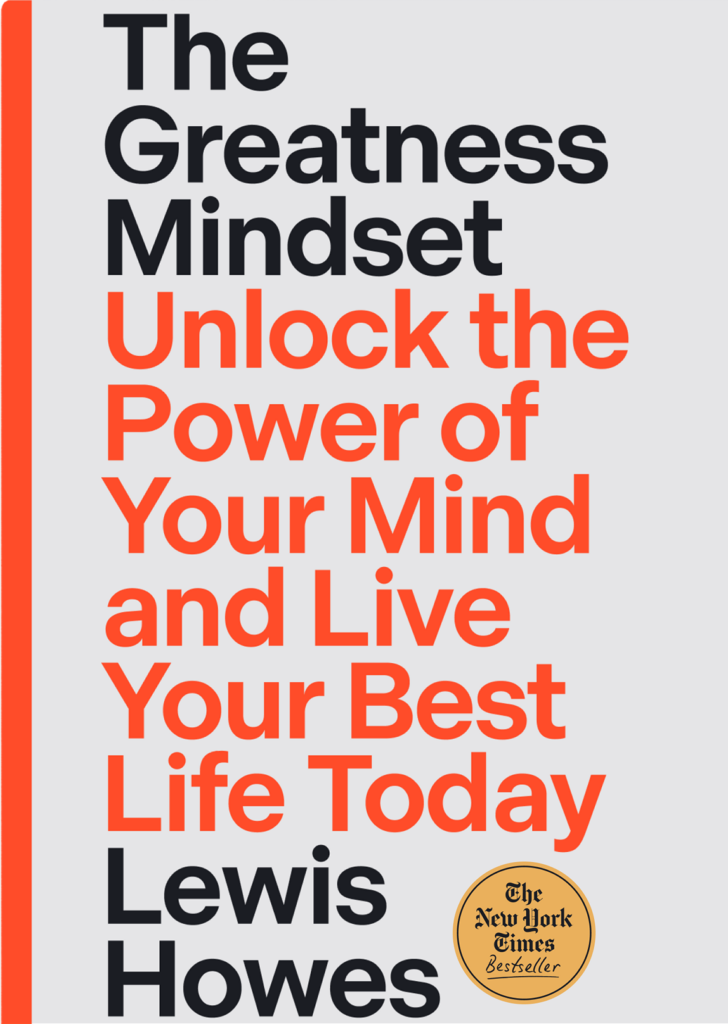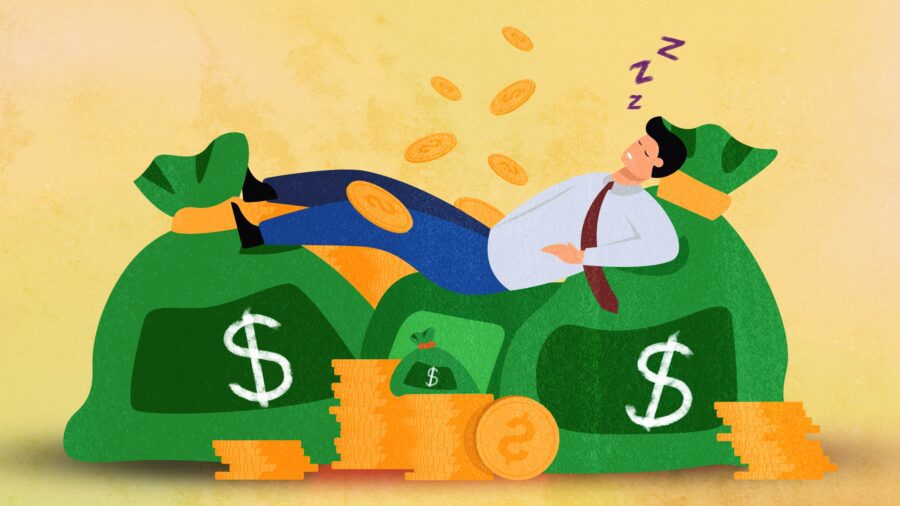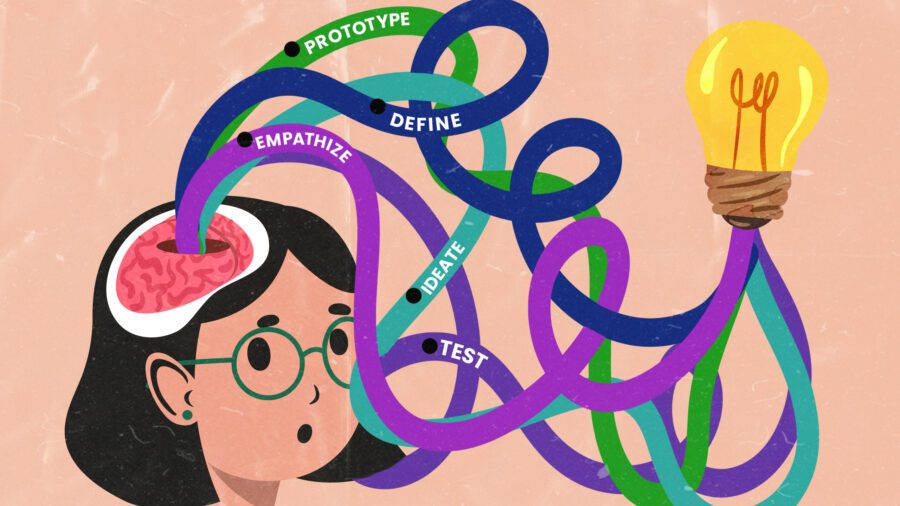
The Science of Dreaming: What Your Subconscious Mind May Be Telling You About Your Current Reality
Do dreams have meaning?
Everyone’s got their own answer to this question. Evolutionary psychologists might say they only do in the sense that our brains are problem-solving during dreamtime. Our ability to anticipate and proactively respond to danger and work through various potential scenarios is an evolutionary advantage that keeps us safe.
A neuroscientist might say dreams are just the result of random firing of your brain’s electrical impulses. In this view, dreams are arbitrary and chaotic, with no particular message to convey.
However, in cultures around the world, dreams do indeed have meaning. Psychoanalysts, healers, scientists, shamans, and more have found universal themes in dreams, a correlation between dreams and emotional states, and a link between dreams, emotions, and memories.
Interpreting your dreams can bring you insights into who you are, how you’re feeling, and what you want at levels you’re not conscious of. It can help you problem-solve, get answers to questions, and heal patterns that undermine your well-being. Whether you prefer lucid dreaming, keeping a dream journal, or seeing an analyst who understands dream symbolism, you can gain a lot from working with your dreams.
In this article, you’ll learn how dreams are a bridge between the conscious and unconscious mind, what certain dreams might mean, and how you can start listening to your subconscious mind.
Where Do Dreams Come From?
Humans have been trying to understand dreams for a long time. In ancient Greece, dreams were thought to portend the future, be messages from the gods, or act as omens and oracles. Many indigenous cultures have viewed dreams as sacred, assigning dreamtime deities like Spider Woman, a goddess who presided over this special time when the consciousness leaves the physical body.
During the late nineteenth century and early twentieth century, Sigmund Freud and Carl Jung, the predecessors of psychoanalysis as we know it, developed theories in which dream symbols, images, and motifs, held significant meaning. Freud considered these to be repressed unconscious beliefs and impulses, while Jung believed in a universal consciousness in which symbols are shared across humanity.
In more recent times, biologists and neurologists have theorized that dream states are simply a sort of “neurological noise,” a byproduct of normal biological processes. This activation-synthesis model is based on the understanding that dreaming is anything but passive. Dreams occur during Rapid Eye Movement (REM) sleep state. Believe it or not, your brain is as active during the REM state as it is when you’re awake!
According to this theory, certain areas of the brain stem are activated during REM sleep, which further activates other areas of the brain that are responsible for emotions, memories, and sensations. The brain then synthesizes all of this activity to create meaning, which leads to dreaming. In other words, dreams don’t have meaning.
Evolutionary biologists, who study how human behavior is driven by the environment in which we evolved, might say that dreams give us the opportunity to envision and respond to threats and varying scenarios proactively. In this view, the function of dreams is survival, whether it’s literal survival or surviving social situations, financial struggles, and other things important to us.
Today, it seems everyone has their own opinion. Between lucid dreaming, psychoanalysis, hypnotherapy, and various healing arts practices, it’s clear that many people still believe dreams have meaning. This is in large part because our understanding of the subconscious mind — which seems to be expressed through dreams — has grown.
What Is the Subconscious Mind?
Scientific research that can help us define the subconscious mind is understandably a little hard to come by given how intangible the subconscious is. That said, we do know that it understands and records many more things than we could ever hope to remember. Experiences from years past — whether it’s the time you fell off of your bike in fifth grade or the route you took on last year’s summer road trip — are recorded and stored in the unconscious and can be accessed later in life, often to our surprise.
Just think about some common instances: Have you ever had a memory float up out of nowhere when you met someone who bears a striking resemblance to your first love? Maybe one time you passed by your high school on a holiday vacation and felt flooded with memories. Maybe the book you’ve been looking for everywhere today that suddenly pops into your mind when you enter a certain room. You don’t even remember putting it down, yet somehow you gravitated to it without realizing it.
Whether or not we can measure the nature of the subconscious mind, there is ample evidence to show that treatments involving it are effective. For example, hypnotherapy has been well-documented to be effective for treating everything from weight loss to PTSD to smoking cessation.
Dreams are a part of the subconscious mind, so it makes sense that listening to them can help you heal and understand yourself more deeply. By learning how to interpret your dreams, you can gain important insights into your hidden desires, fears, and motivations, recall memories that are still affecting you unconsciously, and, ultimately, become more aligned with your hopes, dreams, and wishes.

The Greatness Mindset
Learn the secrets of some of the greatest minds in the world. Unlock the power of your mind and live your best life today.
Learn MoreWhat Your Dreams Are Telling You
Interpreting dreams is essentially interpreting the language of the subconscious, which is pre-linguistic and lacks logic. That means your subconscious will often communicate in non-verbal, illogical ways, such as symbols, images, ideas, and metaphors.
Consider that your own associations with various ideas are what’s most important. If a certain person or thing has a particular association for you, interpret it based on your personal association. It can be helpful to consult books and articles on dreams and their meanings, but don’t follow those blindly. Consult your own intuition.
That said, there seem to be a number of very common dreams that appear to have a somewhat universal meaning. Let’s take a look at a few common ones and how you might use them to inform your self-growth and healing.
Being Chased
Many dream interpreters say being chased in a dream is a clear sign you’re avoiding or running away from something. What that is depends on who or what is chasing you. For example, running away from an animal like a wild tiger might mean you’re escaping some aspect of yourself, like your shadow side (the part of you that you don’t like or try and repress).
Running away from something or someone that’s mysterious and unknown could indicate you’re being haunted by something unexamined from your past, such as an unresolved childhood trauma. Alternatively, it could be, again, an aspect of yourself you haven’t faced that’s affecting you unconsciously.
You might also be running away from a person you know in the dream, such as a past romantic partner. In this case, you’re likely getting a clear message that you’re still haunted by this past love or that your past experiences are affecting your love life today.
Once you understand what you’re running away from, you can do inner work to help resolve the issue. You might try journaling about it, bringing it up with a therapist, making art about it, or taking steps to mentally and emotionally let go of past situations affecting you.
Being Late for a Test
It can be very disconcerting to feel panicked over a test, rush in the door late, and realize you know nothing at all about the subject when you haven’t been in school for decades, but such is the nature of these types of dreams, which can be incredibly vivid and stress-inducing.
As is the case with many dreams, sometimes the interpretation is obvious. While you might not be in school anymore, you likely have many other moments in which you’re meant to be prepared but don’t feel you are.
Maybe you started a new job, and you’re feeling way in over your head. Maybe you just found out you’re pregnant, and it’s stirring up anxiety around your parenting abilities. These are all natural feelings you can address such as by taking a parenting class, talking to a career mentor, or finding ways to build skills and self-confidence.
Losing Teeth
This alarming and panic-inducing dream is surprisingly common and may mean more than you think. According to one expert, losing your teeth in a dream conveys a sense of powerlessness and lack of self-assertion, pertaining to communication. This makes sense when you think about how our mouths and our teeth are the seats of our communication, and our communication is what helps us set terms and boundaries in relationships.
If you have this dream, you may have avoided standing up for yourself, swallowed words you really needed to say, or experienced another breakdown in communication. Alternatively, losing your teeth might mean you’re not feeling attractive, are worried about getting older, or feel vulnerable or exposed in some way.
Whatever your interpretation is, you can take steps to resolve the issues your subconscious is telling you about. You might have that difficult conversation, find ways to express your boundaries and needs, or give your wardrobe and hair a refresh.
How to Start Listening to Your Dreams
Listening to your dreams starts with remembering your dreams. But if you feel you never remember your dreams, take heart. You can cultivate the ability to remember them, even if slowly. To do this, start a dream journal and keep it next to your bed so that you can journal what you can remember as soon as you get up.
Don’t worry about recalling everything. The point isn’t to record every last detail (though if you can do that later on, more power to you). It’s to extend the life of the dream so you can gradually recall more and more for longer periods. It’s also to help you dream more vividly.
Your first entry might consist of just a few scribbled words (like “old house” and “scary”). Remember, it’s the symbolic message that’s most important, not every last bizarre detail. As you write down early entries, you may find that the dream begins to dissolve from memory as you’re attempting to get it all down. That’s fine, just keep going and make it a habit.
Once you have a few entries, you can look for patterns and themes in your dreams. The more you do this, the more likely you’ll dream, which leads to even more insights.
Join In 200 Million+ On The Journey to Greatness
For better dreaming, try these best practices.
- Avoid certain substances like alcohol and cannabis before bed as they can interfere with REM sleep.
- Try a guided meditation, breathing practice, visualization, or yoga nidra before bed.
- Try putting on soothing music when you dream.
- Draw, write, make music, or do something else creative before sleep.
- Practice good sleep hygiene — go to bed at the same time every night, keep the bedroom cool, and avoid screens.
The more you practice dream recall, the more connected you will be to your subconscious mind. This vast field of consciousness holds wisdom, healing, and power for you if you learn how to tap into it.
You Can Learn from Your Dreams
Dreams are the gateway to the subconscious mind, which holds many more memories and experiences than you could ever hope to remember. These experiences, alongside unacknowledged hopes, dreams, fears, and emotions, affect you on a daily basis. So it’s really well worth it to try and understand what your subconscious is telling you.
Luckily, dreams are your portal to do exactly that. By keeping a dream journal and asking questions to try and understand dream content, you’re participating in a practice that’s been around for millennia. Ancient Greeks used dreams as oracles and prophecies, and you can, too, by letting your nocturnal experiences guide your choices and inform your personal development practice.
Greatness Authors
Greatness Authors is a collection of writers, thinkers, curiosity experts, and students of the world who are committed to bringing you the most up-to-date, impactful, and inspiring information surrounding Greatness topics.

Redefining Poetry: How Instagram Sensation Rupi Kaur Showed That Poetry Is for Everyone

The Young Professional’s Guide to Advocating for Yourself at Work & Setting Healthy Boundaries

Olympian Yusra Mardini’s Incredible Story of Resilience, Rescue, and Refugee Rights

A Beginner’s Guide to Effortlessly Attracting Money and Growth Opportunities

Psychologist Edith Eger’s Inspirational Journey to Find Forgiveness and What It Means for You










